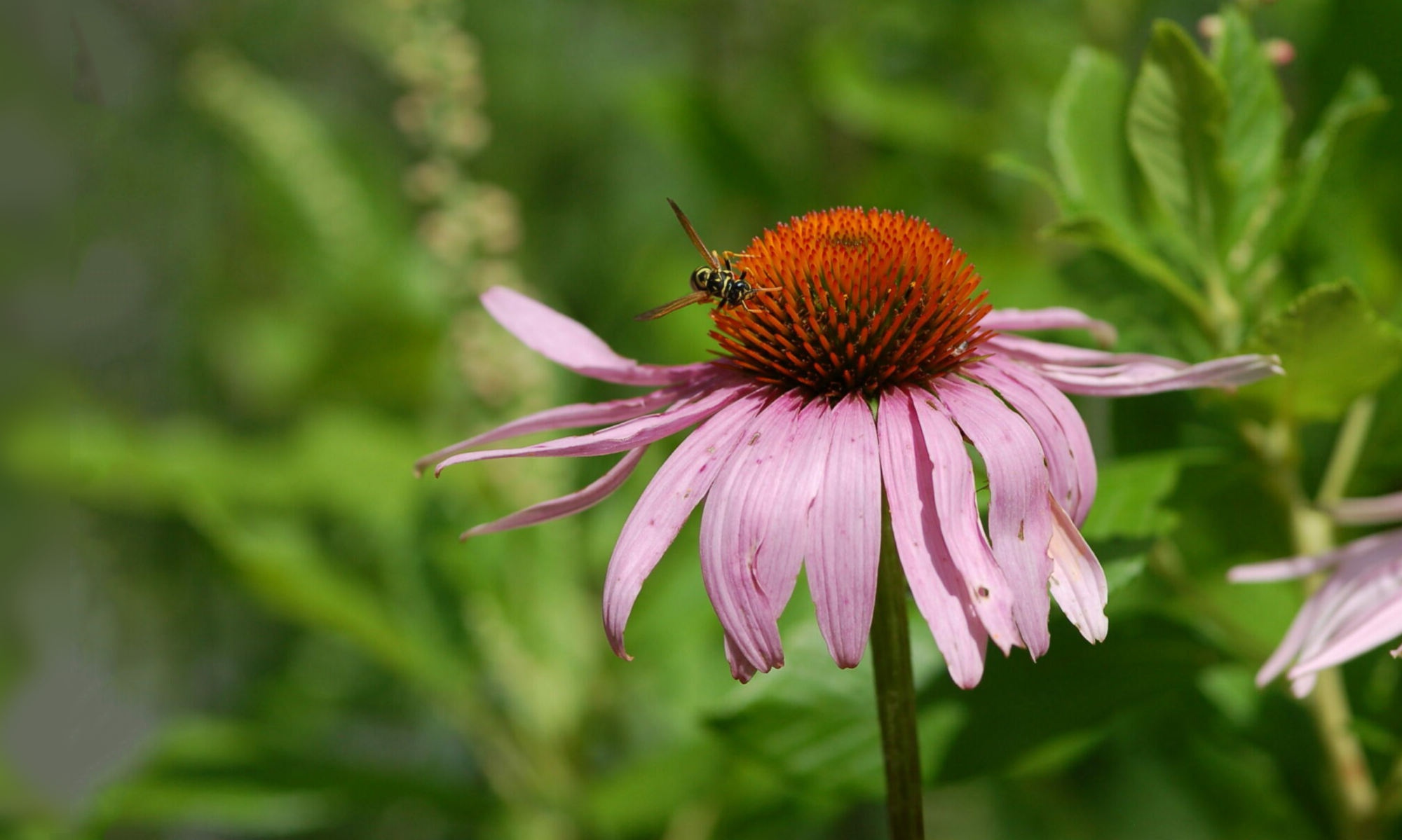NEW ENGLAND YEAR
By Muriel Follett
Stephen Daye Press, 1940
Yankee Publishing, 1988
Category: Adult Nonfiction (memoir)
I’m still working through this book, and I like it so much that I simply have to add to my initial entry about it. Muriel Follet’s view of life on a 1930s New England farm has been invaluable to my understanding of the time and place I have set my new novel. But I have found a deeper wisdom in the pages of NEW ENGLAND YEAR, and its application transcends my writing.
Here is an excerpt from Ms. Follett’s May 12 entry:
“Even though I enjoy doing many things, I would like most of all to have more time to write. But somehow I have a hunch that in order to do any job well, my close human relationships must first be right, and that if I neglect my children and my family at this stage of the game, we would all be poorer in the long run. Maybe I am wrong. Maybe they would be just as well off without me. But I cannot make myself believe that. I have tried it for short intervals and it has never worked out well. The youngsters need someone to whom they may go at any time, anywhere, to discuss their problems. Sometimes, I am not much help and I make mistakes, but I try, and I listen.”
As a woman raised on the principle that I could have it all: a healthy marriage, a growing family, and a fulfilling career (so long as I worked hard enough), I am well aware of the joys and sorrows of the working soccer mom. I was surprised, however, that a woman like Muriel Follett struggled with essentially the same issues. This is a woman who grew or raised almost every morsel her family ate. This is a woman who sewed most of the clothes she and her family wore. This is a woman who, by necessity, put her writing last in line behind her husband and her children and her farm. Still, she fretted and she worried. Is there a mother in the world who doesn’t struggle to find time for herself and her passions amidst the endless pull of parental and wifely duties? Is there a mother anywhere who doesn’t worry that she is not doing enough, that every moment devoted to herself—her passions, her job, her calling—is a moment of selfishness for which her children will pay? I doubt it. Do women of every historical age worry about these same issues? Will my great-great-granddaughters worry, too? Probably.
I like to think that if Muriel and I had lived in the same decade, we would have been great friends. We would have found time—perhaps a stolen hour after the noon meal had been prepared, served, and cleaned up, with our washing piles on the porch railing and the electric iron (a new-fangled and welcome gadget in Muriel’s day) plugged into the porch light—to talk about parenting and writing. We would talk and iron and spend long moments laughing over the kids romping in her massive garden. Maybe we would have found a way to encourage one another’s writing. Maybe we would have convinced each other that raising healthy children was plenty. Maybe we would have told one another that we were each doing the best we could … and that it was enough.

